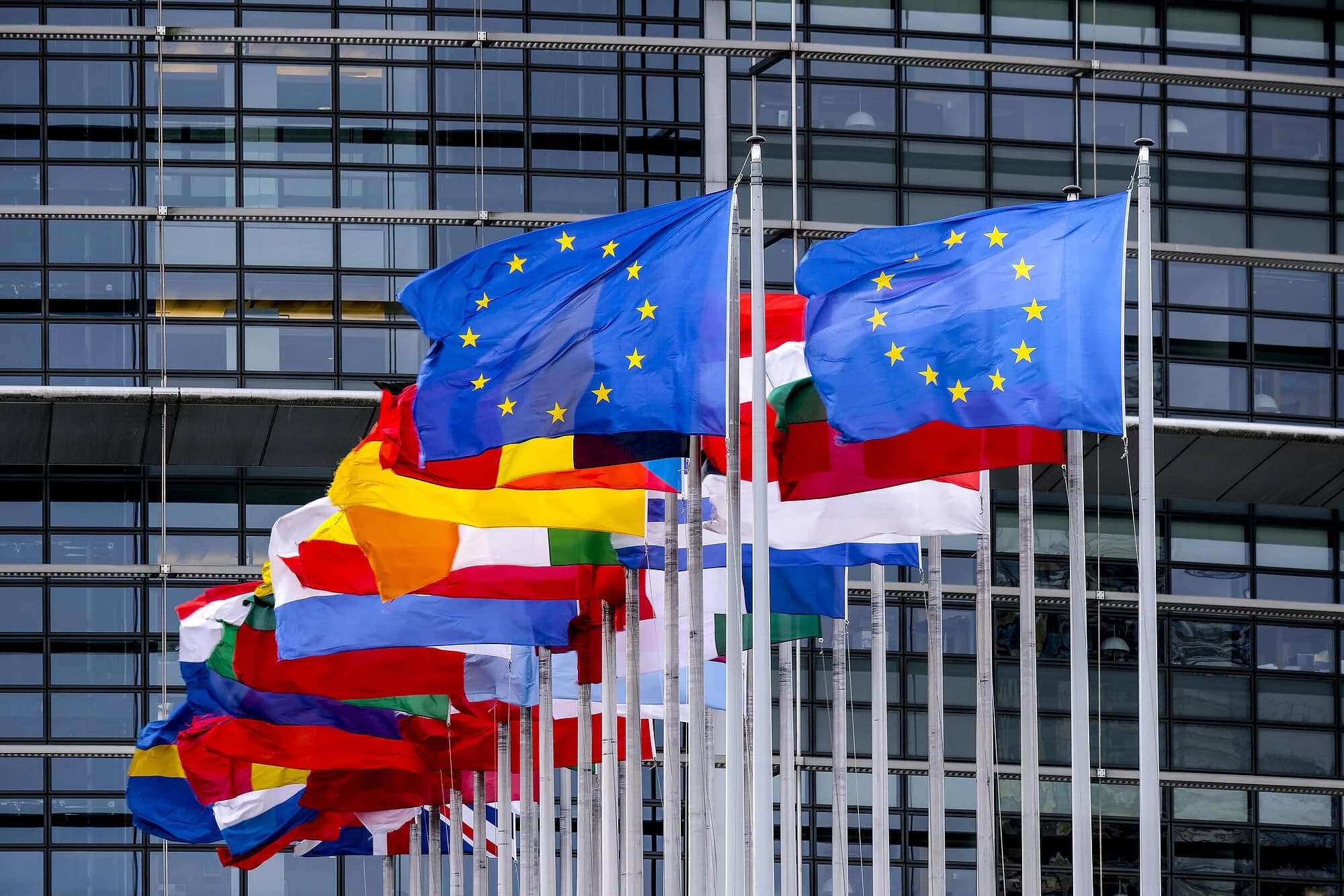15 EU countries call for renewed diplomatic outreach to Russia's allies to secure Ukraine ceasefire

Author
Front News Georgia
In a bid to increase pressure on the Kremlin to accept a 30-day unconditional ceasefire in Ukraine, 15 European Union member states—led by Austria—have called for a renewed and coordinated diplomatic push targeting countries that maintain close relations with Russia. The information was released by Euronews.
The article reads that the initiative was detailed in a joint letter sent to EU High Representative for Foreign Affairs Kaja Kallas ahead of a scheduled meeting of EU foreign ministers. Co-signatories include Belgium, Bulgaria, Croatia, Denmark, Estonia, Finland, Germany, Ireland, Luxembourg, the Netherlands, Slovakia, Slovenia, Spain, and Sweden.
“It is timelier than ever to renew and intensify our engagement with our global partners to secure their support for this initiative,” the letter reads. “Many countries maintain close ties with Moscow, which could and should be leveraged to increase diplomatic pressure on Russia.”
While the letter does not name specific countries or propose concrete actions, it calls on Kallas to lead a “renewed, targeted and joint global diplomatic outreach effort” and urges EU nations to begin internal discussions to that end.
The move follows stalled low-level talks between Ukrainian and Russian delegations in Istanbul last week. The EU and the US—particularly the so-called Coalition of the Willing—have voiced strong support for an immediate truce. Brussels has already warned of additional sanctions should Russia continue to reject the ceasefire.
Though not explicitly named, the outreach effort is widely seen as targeting BRICS nations—Brazil, Russia, India, China, and South Africa—as well as newer members like Egypt, Ethiopia, Indonesia, Iran, and the UAE. These countries have largely refrained from condemning Russia's invasion of Ukraine, resisted imposing sanctions, and maintained trade ties with Moscow.
Notably, several BRICS leaders—including China's Xi Jinping and Brazil's Luiz Inácio Lula da Silva—attended Russia’s May 9 military parade in Moscow, an event the EU criticized as propaganda to legitimize its aggression.
EU officials have expressed growing frustration that sanctions are being undermined by third countries continuing trade and technological support, especially China, which has been accused of supplying the bulk of dual-use goods to Russia.
“China is the key enabler of Russia’s war. Without Chinese support, Russia wouldn’t be able to wage war at the scale it is,” Kallas said last month.
Despite tensions, the EU has adopted a more pragmatic approach, seeking to strengthen economic and political ties with nations in Russia’s sphere of influence. Recent examples include a landmark trade deal with Mercosur (covering Brazil, Argentina, Paraguay, and Uruguay), ongoing talks with India, Indonesia, and the UAE, and high-level summits with South Africa and Central Asian nations.
With growing concerns over the impact of Trump-era tariffs and Russia’s ongoing war, there is speculation of a broader reset in EU-China relations despite Beijing’s close partnership with Moscow.
The letter concludes with a clear call to action: “Now is the time to act for a ceasefire in Ukraine in order to stop the bloodshed.”
Tags:
EU




